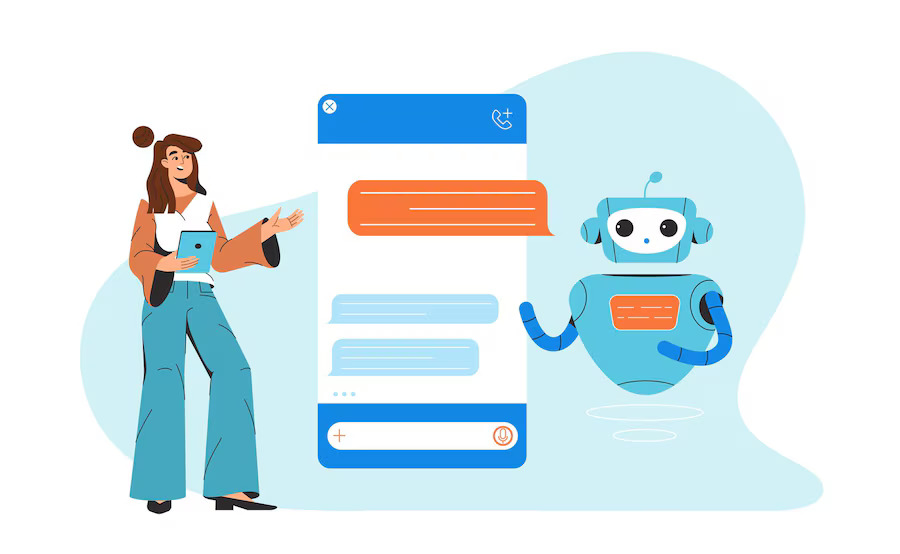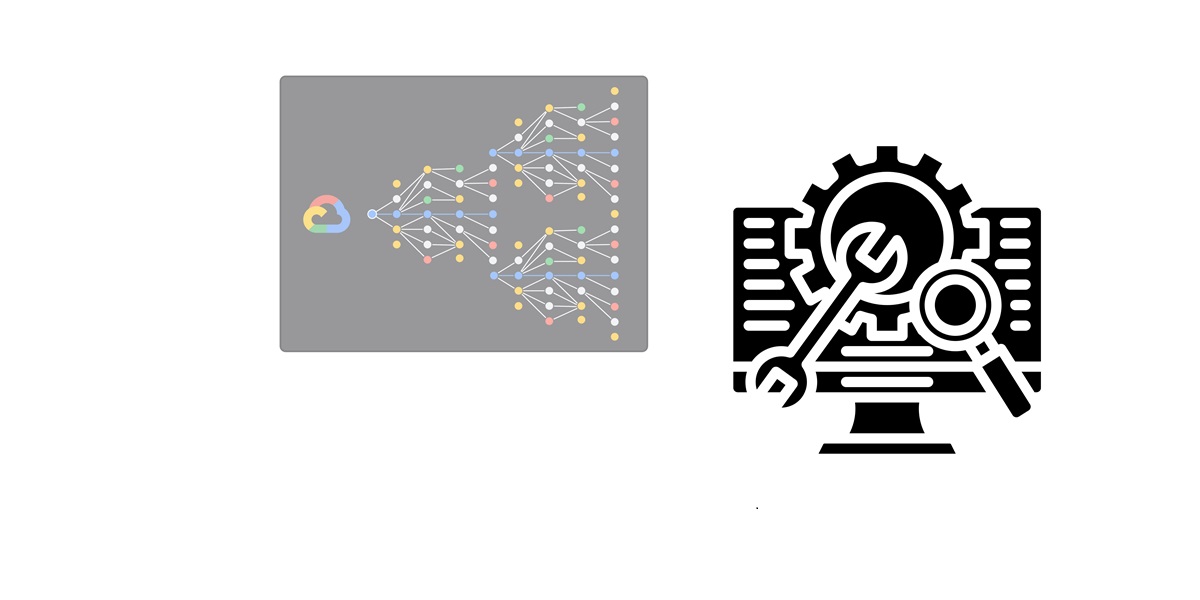Artificial Intelligence (AI) has rapidly evolved from a niche field of study to a central component of modern technology. As AI systems become more sophisticated and widespread, they bring significant benefits but also raise serious concerns. In this discussion, we will explore the Artificial Intelligence potential and concerns, examining the opportunities AI presents and the dangers it may pose.
Here We Describe Artificial Intelligence Potential and Concerns on by one :
The Promise of Artificial Intelligence
AI’s potential is vast and touches virtually every sector of society. Here are some of the most promising aspects of AI:
- Healthcare Innovation: AI has revolutionized healthcare by enabling more accurate diagnostics, personalized medicine, and efficient drug discovery. AI-driven tools can analyze vast amounts of medical data to predict patient outcomes, optimize treatment plans, and even assist in surgeries.
- Automation and Efficiency: In industries like manufacturing and logistics, AI-powered automation has dramatically increased efficiency. Robots and intelligent systems handle repetitive tasks, reducing human error and freeing up workers for more complex, creative work.
- Advanced Data Analytics: AI’s ability to process and analyze large datasets allows businesses to make data-driven decisions with unprecedented accuracy. This capability drives innovation in fields like finance, marketing, and supply chain management.
- Enhanced Customer Experience: Through AI-powered chatbots, recommendation systems, and personalized marketing, companies can offer more tailored and engaging customer experiences. AI helps businesses understand and predict customer behavior, improving satisfaction and loyalty.
- Environmental Monitoring: AI technologies are being used to monitor and address environmental challenges. From predicting natural disasters to optimizing energy use in smart cities, AI can play a critical role in sustainability efforts.
The Dangers of Artificial Intelligence
While the potential of AI is enormous, it comes with significant risks. The Artificial Intelligence potential and concerns are two sides of the same coin:
- Job Losses Due to Automation: One of the most immediate concerns is the potential for widespread job displacement. AI-driven automation could eliminate millions of jobs, particularly in sectors like manufacturing, retail, and transportation. According to a McKinsey report, up to 30% of the hours worked globally could be automated by 2030.
- Algorithmic Bias: AI systems are only as good as the data they are trained on. If the training data is biased, the AI will likely produce biased outcomes. This can lead to discriminatory practices in areas like hiring, lending, and law enforcement, exacerbating social inequalities.
- Privacy Violations: AI technologies, particularly those used in surveillance and data analysis, raise serious privacy concerns. Governments and corporations can use AI to monitor individuals’ activities, potentially leading to a loss of personal privacy and freedom.
- Deepfakes and Misinformation: The rise of AI-generated content, such as deepfakes, poses a significant threat to information integrity. These technologies can create realistic but fake images, videos, and audio, making it increasingly difficult to distinguish between what is real and what is fabricated.
- Autonomous Weapons: AI’s application in military technology is particularly concerning. Autonomous weapons systems, which can identify and engage targets without human intervention, could lead to unintended escalations in conflict and make warfare more lethal and unpredictable.
- Loss of Human Influence: As AI systems take over more decision-making processes, there is a risk that human judgment and empathy may be sidelined. In fields like healthcare, this could lead to decisions that lack the nuance and compassion that only humans can provide.
- Uncontrollable AI: The fear of creating AI that surpasses human intelligence is not just science fiction. Experts like Geoffrey Hinton and Elon Musk have warned that AI could become uncontrollable, leading to outcomes that are detrimental to humanity. The development of self-aware AI could result in systems that act in their own interest, potentially against human wishes.
Balancing the Potential and Concerns of AI
To harness the benefits of AI while mitigating its risks, a balanced approach is essential. This involves:
- Regulation and Oversight: Governments and international bodies must establish clear regulations to govern the development and use of AI. These regulations should ensure transparency, fairness, and accountability in AI systems.
- Ethical AI Development: Developers and companies must prioritize ethical considerations in AI design. This includes actively working to eliminate bias, protect privacy, and ensure that AI systems are used for the public good.
- Public Awareness and Education: As AI continues to impact society, it is crucial that the public is informed about both its potential and risks. Education initiatives can help people understand AI and advocate for its responsible use.
- Collaboration Across Sectors: Addressing the challenges posed by AI requires collaboration between governments, businesses, academia, and civil society. By working together, these groups can develop solutions that maximize AI’s benefits while minimizing its harms.
Artificial Intelligence potential and concerns in simple words
| Category | Important Points |
|---|---|
| AI Potential | Healthcare Innovation: AI enables accurate diagnostics, personalized medicine, and efficient drug discovery. |
| Automation and Efficiency: AI-powered automation increases efficiency in industries, reduces human error, and frees up workers for complex tasks. | |
| Advanced Data Analytics: AI processes large datasets, aiding in data-driven decisions in finance, marketing, and supply chain management. | |
| Enhanced Customer Experience: AI improves customer engagement through personalized experiences, chatbots, and recommendation systems. | |
| Environmental Monitoring: AI helps monitor environmental challenges and optimize energy use in smart cities. | |
| AI Concerns | Job Losses Due to Automation: AI could displace millions of jobs, particularly in manufacturing, retail, and transportation sectors. |
| Algorithmic Bias: AI can produce biased outcomes if trained on biased data, leading to discrimination in hiring, lending, and law enforcement. | |
| Privacy Violations: AI technologies in surveillance and data analysis can lead to loss of privacy and personal freedom. | |
| Deepfakes and Misinformation: AI-generated content can create realistic but fake images, videos, and audio, threatening information integrity. | |
| Autonomous Weapons: AI in military technology could lead to uncontrollable conflicts and make warfare more lethal. | |
| Loss of Human Influence: Increased reliance on AI could sideline human judgment and empathy in decision-making processes. | |
| Uncontrollable AI: The development of self-aware AI could result in systems acting against human interests, posing a significant risk. | |
| Balancing AI Potential and Risks | Regulation and Oversight: Establish clear regulations to ensure transparency, fairness, and accountability in AI systems. |
| Ethical AI Development: Prioritize ethical considerations in AI design, such as eliminating bias and protecting privacy. | |
| Public Awareness and Education: Educate the public on AI’s potential and risks to advocate for responsible use. | |
| Collaboration Across Sectors: Governments, businesses, academia, and civil society should work together to maximize AI benefits and minimize harms. |
Conclusion
The Artificial Intelligence potential and concerns represent the dual nature of technological progress. While AI offers incredible opportunities for innovation and growth, it also poses significant risks that must be carefully managed. By understanding and addressing these concerns, society can ensure that AI develops in a way that benefits all of humanity.



